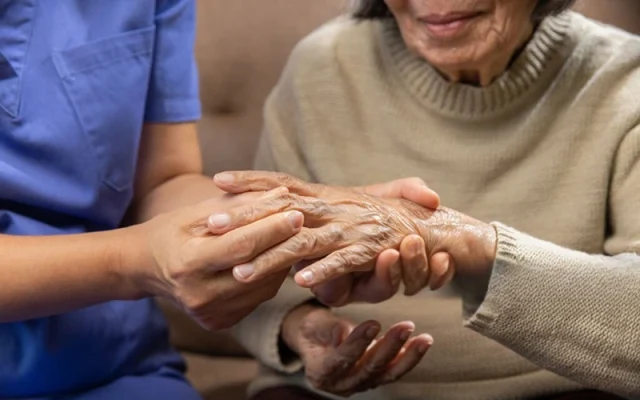
Women and Rheumatic diseases. How gender affects autoimmune disorders.
Dr. Manisha Bhochhibhoya
Some common rheumatic conditions more likely to affect women are listed below:
Rheumatic diseases affect women more than men, with some diseases affecting women up to 10 times more often than men. Due to differences in bone structure and hormones, women are more likely than men to develop a rheumatic disease.- Osteoarthritis, the most common condition that affects the joints, is found more frequently in women than in men, and it is more disabling in women. The bone structure of a woman’s body enables weight and impact to cause degeneration of the knee more quickly. Osteoarthritis of the hand is also more common in women, possibly due to genetic differences.
- Rheumatoid arthritis: The female-to-male ratio is 3:1 to 2:1
- Systemic lupus erythematosus: The female-to-male ratio is 9:1
- Scleroderma: More common in women
- Fibromyalgia
- Sjogren syndrome
